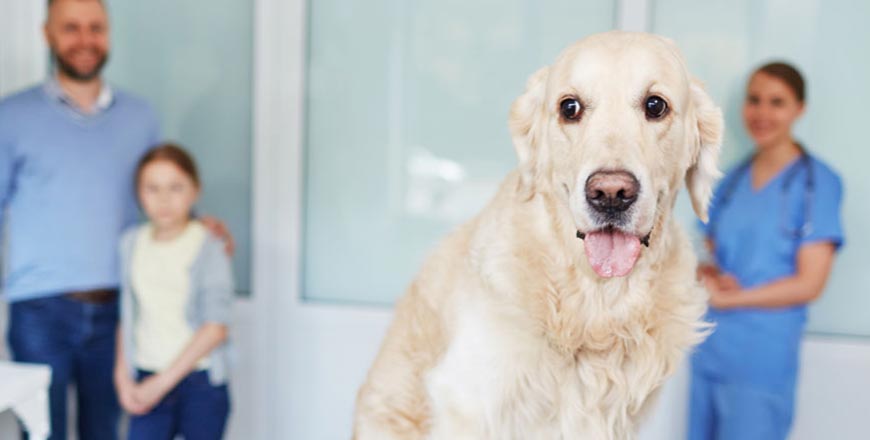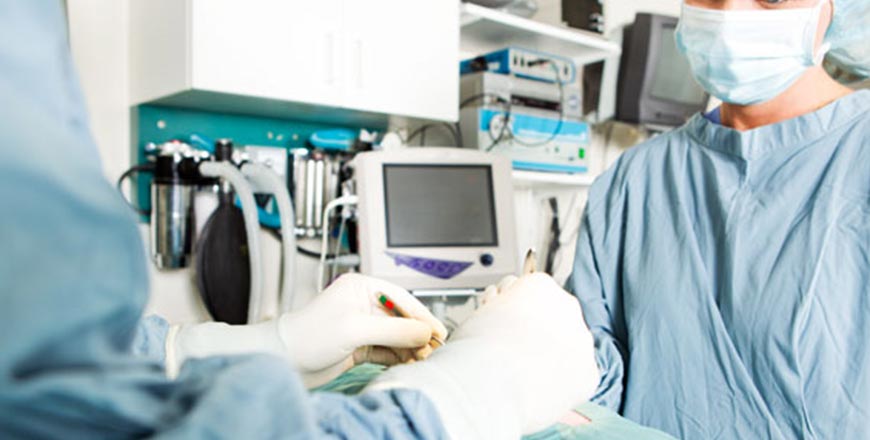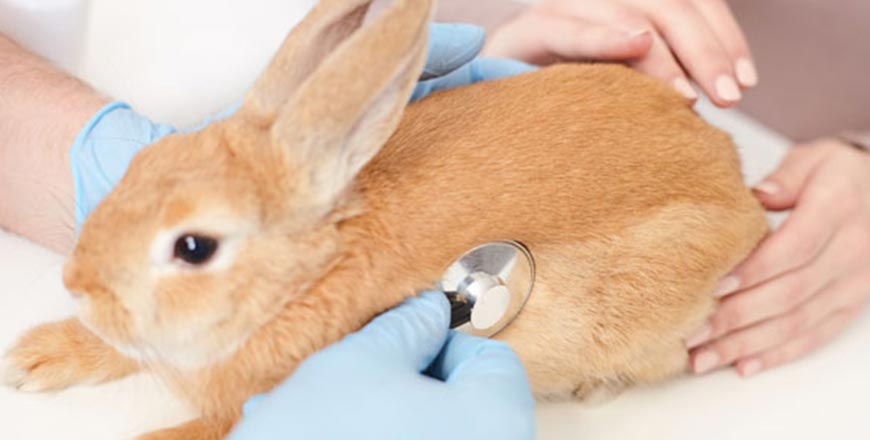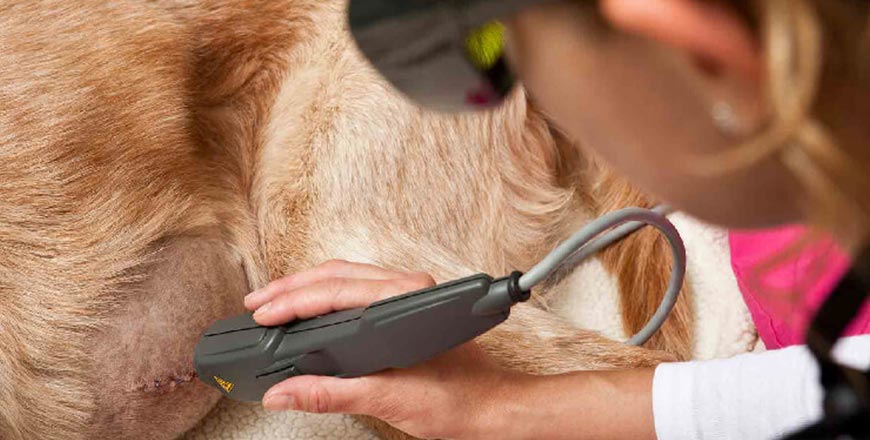
Just like you, we want your dog to live the longest, healthiest life possible. That starts with the basics: quality food, enough exercise, and yes, regular check-ups. Annual exams are your pet’s first line of defense. Garden Veterinary’s comprehensive exam includes checking their overall health by taking their temperature, examining skin and coat, lung and cardiac function, internal health, oral hygiene, eyes, ears, and demeanor.
Vaccinations: Keeping your pet up to date on immunizations and booster shots is a highly effective way to prevent many common diseases and infections like distemper and rabies. Beyond core vaccines, your pet’s age, lifestyle, and likely exposure to certain diseases will be evaluated before we recommend additional inoculations.
Parasite Control: Preventing fleas, ticks, worms and other parasites is much easier and ultimately less expensive than getting rid of them after they’ve infested your pet. We recommend monitoring your pet and having him or her screened for internal parasites regularly. We also offer a variety of alternatives for flea, tick, and heartworm prevention.
Proper Nutrition: There are lots of options (and opinions) when it comes to feeding your animal companion. Grain-free kibble? Home-cooked meals? Raw food diet? Proper nutrition is so important to your pet’s good health, and we can help you figure out what is best for your pet and your lifestyle.
Behavioral Evaluation: Changes in mood or behavior can often be a symptom of an underlying medical condition. Swiftly addressing these shifts can help to identify and treat the root cause. If there’s no medical reason for the behavior, we can help with training, medication and other solutions.
Skin/Ear Care: Many pets are susceptible to allergies, ear infections and other skin issues. We can assist in diagnosis, treatment and management of these problems.
Exercise: Regular activity supports musculoskeletal and cardiovascular health in pets of all ages and improves their overall mental well-being. As animals age, however, their activity levels and mobility may change. We can advise you on how much and what type of exercise is best for your pet.
Senior Animals: We love elder pets! We also know that preventative care is even more significant for them. Most dogs and cats are considered seniors by age nine—and because they age much more rapidly than we do, diseases and illness progress faster as well. We recommend twice-yearly exams and screenings for seniors to help prolong and improve the quality of their life.

Imagine if you never brushed your teeth or had them cleaned. Pretty frightening, right? As you can guess, things would eventually start to go very, very bad inside your mouth. Teeth would rot and decay, gums would become inflamed and infected. Bacteria from those rotting teeth could eventually cause other serious health problems. And we haven’t even mentioned the daily, debilitating pain.
It’s the same scenario for your dog or cat. While some people might laugh at the idea of brushing their pet’s teeth or taking them for a dental cleaning, the fact is that by age three, most dogs and cats have some evidence of periodontal disease. Periodic dental exams help maintain proper oral hygiene and prevent future problems.
They maintain health for people of all ages, helping patients to manage pain and prevent disease.
Gardens Veterinary Hospital offers complete pet oral health services, including:
Following American Veterinary Medical Association guidelines, we only do cleanings and dental work on anesthetized pets. To ensure your pet is healthy enough to undergo anesthesia, we do require a routine blood test before the procedure. Post-operative antibiotics and pain medicine is provided when indicated.
Preventive Dental Care
Brushing your pet’s teeth several times per week is the best way to prevent plaque and tartar build-up. Interested in learning how to brush your pet’s teeth? Just ask and our veterinarians will be happy to help you get started. If you have a pet that won’t tolerate brushing, our veterinarians can also recommend products that will help keep your pet’s mouth healthy in between cleanings.

Regenerative stem cell therapy is one of the latest treatments to be shown effective for helping the body to restore, repair and regenerate damaged tissue in pets. In veterinary medicine, this therapy is primarily used to treat arthritic animals, and for those with tendon and ligament injuries. Recent studies report that more than 80% of dogs with arthritis who are treated with regenerative stem cell therapy show improved quality of life.
We began our stem cell program at Animal General of Cranberry in 2008 and have since helped hundreds of pets with this procedure. The future is bright that many other conditions can be treated successfully with stem cell therapy.

Surgery is often the most effective way to treat many serious injuries and disorders, and Gardens Veterinary Hospital is proud to offer state-of-the-art facilities and equipment. Our hospital provides a full range of surgical services ranging from standard spaying and neutering to advanced, highly specialized procedures.
Surgery Specialties:
Patient safety and comfort is our main priority. Gardens Veterinary’s experienced veterinary staff provide skilled management during and after all surgical procedures, ensuring your pet recovers quickly and with minimum discomfort. Patients receive an intravenous catheter and intra-operative fluid support while the anesthesia is monitored via EKG. Whether the patient is a 200-gram Guinea pig or a 220-pound mastiff, pain medication is provided.
Our veterinary team will walk you through the entire process, giving you the tools to make informed decisions regarding your pet’s treatment options. We understand surgery is a stressful time for any owner, and we’re available every step of the way to answer questions and put your mind at ease.
If you are considering veterinary surgery for your pet, please contact your Gardens Veterinary Hospital veterinarian to schedule an introductory consultation.

Early detection is key when it comes to treating your pet. Gardens Veterinary offers complete diagnostics. Common testing includes:
While we do offer an extensive range of on-site testing, it is possible that your pet may need laboratory work beyond the scope of our in-house laboratory. In those circumstances, we utilize diagnostic laboratories across the country to meet the needs of our patients, including the labs at Cornell, Michigan State University and the University of Tennessee.
Digital Radiology (X-Rays)
Gardens Veterinary employs advanced imaging technologies, guaranteeing the highest quality of care for our patients.
Radiographs (X-rays) use electromagnetic radiation directed towards the body to highlight objects within. They can detect abnormalities including skeletal fractures, soft tissue damage, foreign bodies and dental disease.
Orthopedic radiographs and contrast studies require the patient remain completely still to work correctly. Some specialized procedures may require anesthesia. The duration of sedation or anesthesia is usually short and patient recovery is swift.
Ultrasound
We offer mobile ultrasound from a board-certified Internal Medicine specialist. Ultrasound is a powerful diagnostic tool that creates a real-time image of an animal’s body. This composite reveals important information about internal processes including the circulatory, skeletal and gastrointestinal systems. When used in conjunction with other diagnostic tools, ultrasound can help identify disease, blockages, skeletal fractures, soft tissue damage and other internal injuries.

At Gardens Veterinary, we understand that best friends come in all shapes and sizes—which is why we offer veterinary care for birds and small mammals including rats, mice, ferrets, rabbits, chinchillas, guinea pigs, hamsters, gerbils, and sugar gliders. Many of these pets require a very particular environment to thrive, and it’s important you have a veterinarian experienced in their care to help.
Our comprehensive avian services for your feathered friends include:

Gardens Veterinary Hospital offers Class IV warm therapeutic laser treatment which is used to alleviate pain and inflammation and speed up the healing process.
How it works
Laser therapy focuses red and infrared light on tissue at and below the surface of the skin. The light energizes the cells, producing a structural protein called collagen used to repair tissue. Lasers continue the healing process by supporting vascular dilation and synthesis, increasing blood circulation to the affected region. The stimulation also releases the body’s own pain-relieving hormones.
The process generally takes between 5-10 minutes, with most patients seeing positive effects after 3-5 uses. The treatment continues to relieve pain and fight inflammation for up to 24 hours following the session. It is a soothing, painless treatment that many pets seem to enjoy!
Conditions improved with laser therapy:

Health & Travel Certificates: We offer domestic travel documents. Airline policies regarding transport of pets are also very restrictive, so it’s a good idea to check with your carrier well in advance of booking tickets to see what documentation will be needed.
Hospitalization: For pet patients that require more care for their illness or injury, we offer daily hospitalization which often entails intravenous fluid support and medication. If overnight care is required, we will refer the patient to a nearby 24-hour facility.
Technician Services: Once a patient is established at our clinic, technicians can provide a myriad of services including diabetic counseling, medication administration, laser therapy, bandage/wound care, laboratory tests and suture removal.
Microchipping: We strongly encourage microchipping because it’s a simple, relatively painless and inexpensive way to help reunite you with your lost pet. Even if your pet lives entirely indoors, a microchip is recommended as indoor pets can escape and become lost. Also, if you find a stray pet, we can scan the animal for a microchip.
Euthanasia and Cremation Services: Making the decision to relieve a pet’s suffering with euthanasia is a difficult one. At Gardens Veterinary, our caring staff and veterinarians are committed to supporting families during this process.